Have you ever found yourself fantasizing about the ideal video game you know deep down would never fit your console or PC? If you’re anything like me, you have most likely dreamed of a game so great, so faithful to your favorite tales or worlds, that it nearly aches to consider it not a reality. One such dream game that has been hovering around in my head—and perhaps in the minds of many others—is a completely realized Avatar: The Last Airbender game. And Platinum Games, who better than the masters of showy combat themselves to bring such a rich, action-packed universe to life?
The Vision for an Immersive and Impactful Avatar: The Last Airbender Game
Imagine the excitement of bending the elements as Aang or maybe even as a figure of your own design, negotiating the many Four Nations settings. With the chance to investigate ideas of balance, power, and the path to self-discovery, an immersive, narrative-driven experience has enormous possibilities.
Ideally, this ideal game would become a reality. However, the game business is volatile, as everyone knows. Creative concepts, development expenses, and licenses don’t always line up. But dreaming is pleasant, isn’t it? to envision a game that completely captures the possibilities of a beloved environment. A game that offers fresh tales and experiences while honoring the original content. A game that tests us, catches us off guard, and most importantly, allows us to temporarily put ourselves in the shoes of an Avatar.
Even while the ideal Avatar: The Last Airbender game may only exist in the mind, it’s a dream worth clinging to. Who knows? Given how quickly the game industry is developing, this desire could one day come true. We’ll cross our fingers and keep our bending abilities sharp till then.
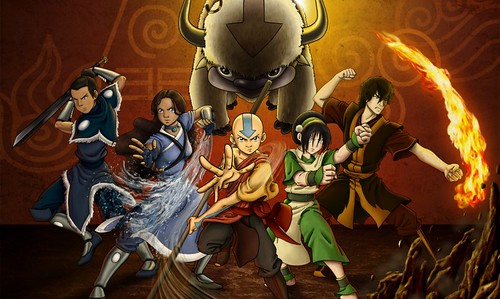
The Power of Choice in Gaming: A Deep Dive into Impactful Decision-Making
In video games, the appeal of choice is strong. It offers a degree of customization and control that may make every game seem unique and every choice represent the player’s preferences and ideals. The prospect of a game that changes and evolves in response to our every move is the fantasy that keeps us captivated. However, how often does this dream really materialize? Let’s examine what it means for a game to provide actual options and go deeply into the realm of influential gaming decision-making.
There are several obstacles in the way of developing a game where decisions have actual weight. Numerous games have made an effort to provide significant choices, but have failed to do so, offering endings that are merely marginally different or, in some situations, none at all. It’s a frequent mistake that may demoralize players and turn their ambitious decisions into nothing more than delusions. Nevertheless, it is really remarkable when a game succeeds in making every choice seem important. All of a sudden, the game is a live narrative that we are creating with every decision we make rather than a static one.
Take Crusader Kings 3, a game that immerses you in the complexities of national governance, where each choice has the potential to bring about either wealth or disaster. You may create alliances, fight battles, and influence the course of your dynasty in this intricate game of strategy and role-playing. The weight of rule and the many difficult decisions that come with authority are not minimized in this game. Depending on your whims, the experience is all about creating your country or causing havoc.

Then there’s Frostpunk, a survival game and city-building game set on a world bathed in a volcanic winter. The moral choices in this scenario are nearly as bad as the weather: you must measure the survival of the town against the wellbeing of your residents. It’s a game that doesn’t hold back, hurling you with difficulties not easily handled, and in that harsh reality of living, it becomes quite hard to discern between good and evil.
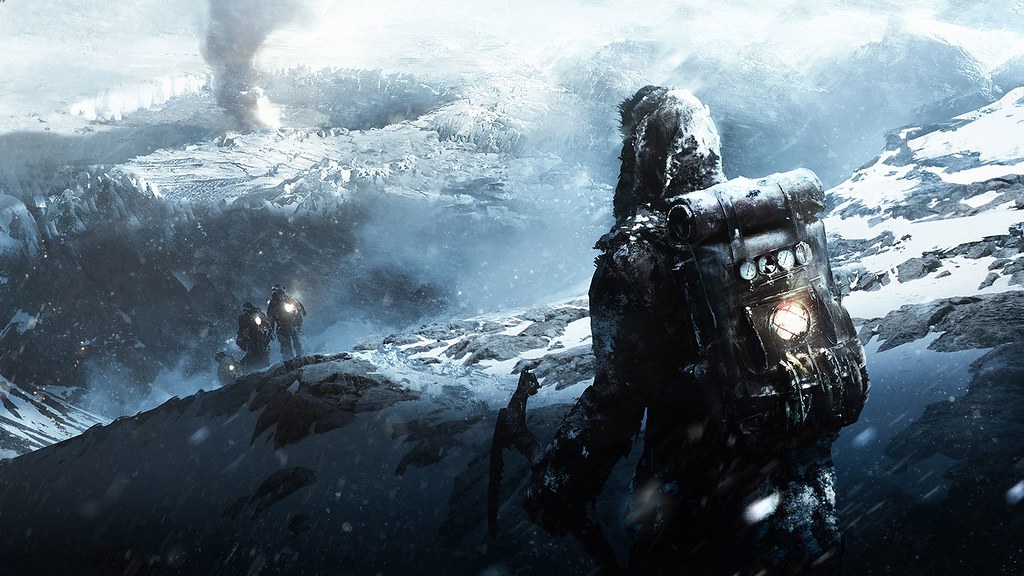
Mafia 3 provides a new sort of decision, focused on the relationships between your character and their underbosses. The choices you make on who owns certain rackets might lead to loyalty or treachery, determining the game’s finale and the fate of your friends. It’s a game that illustrates the tenuous balance of power in a criminal empire, where every action may lead to unanticipated repercussions.

Undertale is a game that follows your actions with a careful eye, frequently postponing the effects until far later in the plot. The way you engage with bosses, whether you choose kindness or aggression, may lead to dramatically different outcomes. It’s a game that plays with the notion of choice, asking players to contemplate the long-term repercussions of their decisions.

Bethesda’s Starfield maintains the legacy of decision-making in its RPGs, with decisions that effect not only the main plot but also the side missions. Your actions may influence the planets you explore and the people you encounter, making the cosmos of Starfield seem sensitive to your presence.
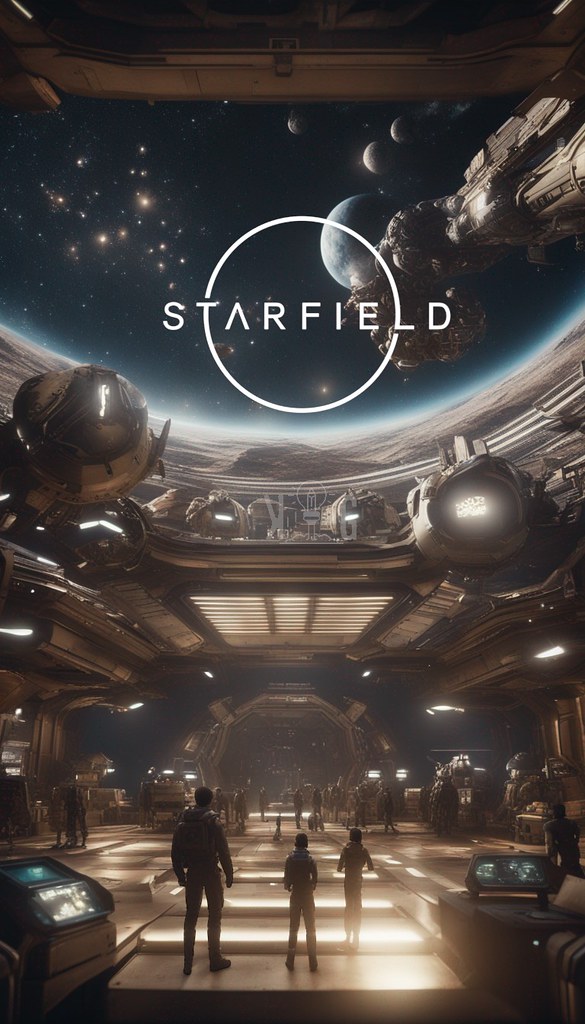
The Walking Dead series by Telltale Games is a testimony to the power of choice in narrative experiences. The actions you make as young Clementine attempting to escape a zombie apocalypse may have a tremendous influence on her and others around her. It’s a series that doesn’t shy away from the hard decisions, making each one seem meaningful.

Divinity: Original Sin 2 is an isometric RPG where your actions influence the fantastical realm of Rivellon. The game provides for a broad variety of activities that effect your trip, giving it a rich tapestry of choice and consequence.
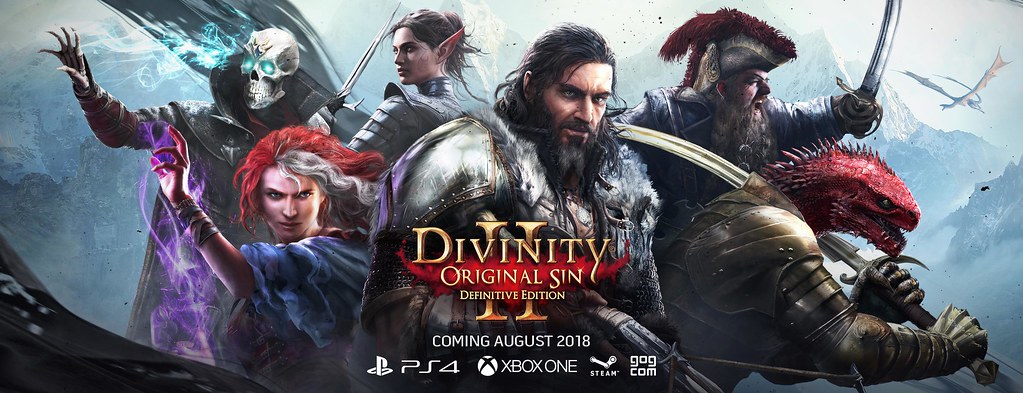
Chrono Trigger, an early example of a game with significant player choice, follows heroes utilizing time travel to avoid a world disaster. The decisions you do during the game influence which of the multiple endings you encounter.
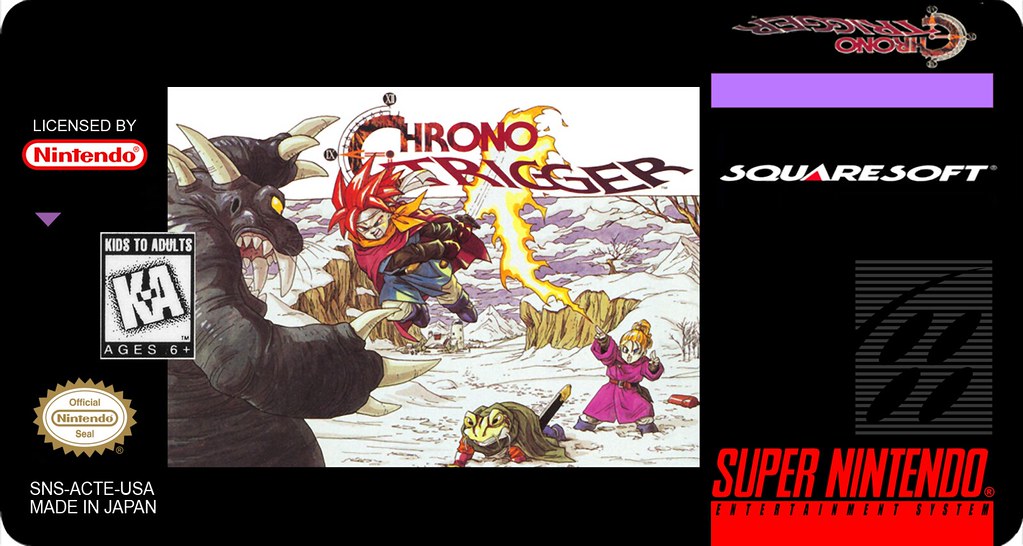
Grand Theft Auto 5 gives options in organizing heists, altering the result and success of your criminal efforts. It’s a game that provides you power over the story in a more subtle manner, via the actions you perform rather than clear options.

Nier: Automata features a complicated story where several playthroughs reveal alternative endings dependent on your decisions. It’s a game that promotes careful evaluation of your decisions, since they might quickly terminate your adventure.

Red Dead Redemption 2’s honor system monitors your activities, altering how the world regards Arthur Morgan and the game’s finale. It’s a game that weaves choice into its open-world experience, making your conduct part of the story.

With actions that may impact the course of events for both storyline and gameplay, Prey (2017) gives players with a feeling of agency in a science fiction environment. Out of this universe, where nothing is as it appears, the game makes you look about your choices with great caution.
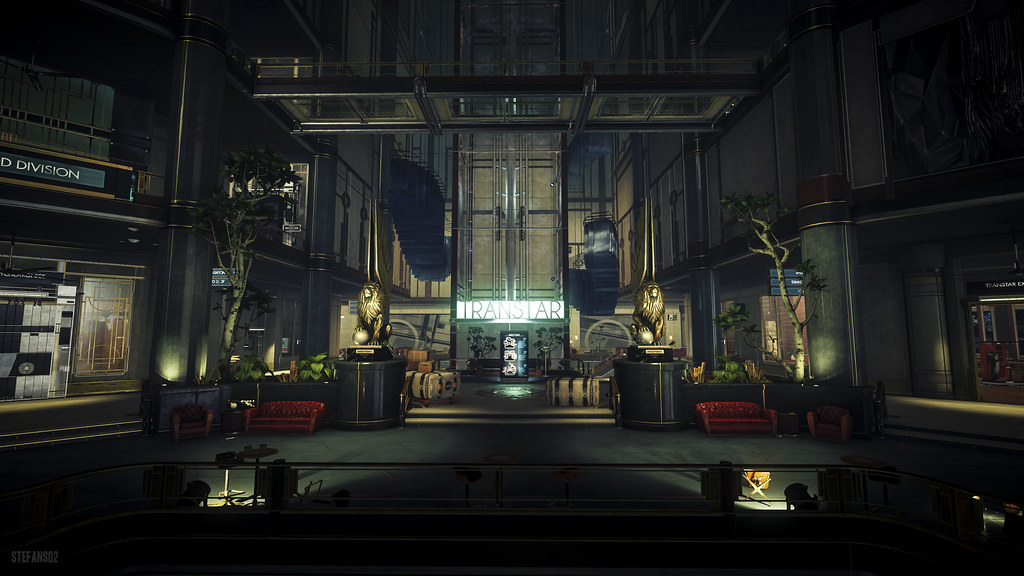
There’s this thirst for a game that fully utilizes the power of choice. A vision of a game we live through, not just playing—where every choice we make opens up a different path through a world responding to our touch. And though not all games might live up to this lofty ideal, those that do give us a glimpse into what the medium of gaming can be at its most immersive and personalized. They remind us that, after all is said and done, it is our choices and the stories that we weave that truly make gaming magical. Onward we will play and dream, and who knows? The promise of a truly choice-driven game might finally be realized.
Related posts:
Games Where Your Choices Have Actual Consequences
What’s your crazy-out-there dream game that would never happen
Dream Game Idea (Probably will never happen)



